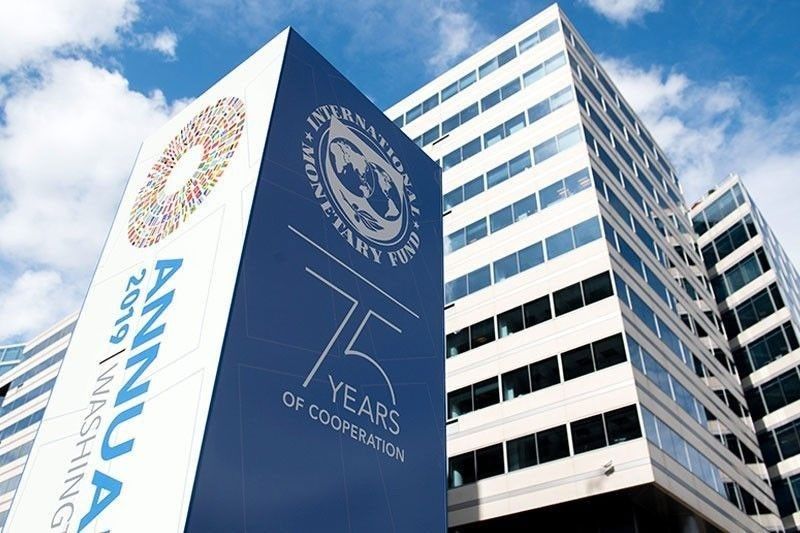Keisha Ta-Asan – The Philippine Star
October 2, 2025 | 12:00am
MANILA, Philippines — The International Monetary Fund (IMF) has downgraded its growth forecasts for the Philippines, citing weaker-than-expected performance in the first half and external headwinds that could weigh on exports and investment.
In its latest Article IV Consultation, the IMF now expects the Philippine economy to expand by 5.4 percent in 2025, slightly lower than the 5.5 percent projection in its July World Economic Outlook.
Growth is projected to improve to 5.7 percent in 2026, but still weaker than the earlier estimate of 5.9 percent.
Both forecasts are below the government’s 5.5 percent target this year and six percent target next year.
“The revision reflects factors related to the first half performance, which was weaker than expected,” IMF mission chief Elif Arbatli Saxegaard, who led the consultation mission in Manila, told reporters yesterday.
Saxegaard said external pressures, including higher tariffs slapped by the United States on Philippine exports, could dampen trade and investment prospects.
“Some of the important factors will be the higher tariffs, which are imposed on the Philippine exports to the US and will weigh on exports and investment,” she said.
The expected decline in government expenditure to meet the government’s fiscal deficit target is also “expected to more than offset an increase in private consumption.”
Still, the multilateral lender noted that the Philippine economy has remained resilient despite global uncertainties, with growth supported by monetary easing and recent legislative reforms to boost private investment.
Meanwhile, the IMF pointed out that the Bangko Sentral ng Pilipinas (BSP) has room to further ease monetary policy given the favorable inflation outlook and downside risks to growth.
“The inflation outlook is quite favorable. We also see downside risks to growth and the output gap. In line with this, there is more room for a more accommodative policy stance,” Saxegaard said.
Inflation is expected to average 1.6 percent in 2025 before inching up to 2.6 percent in 2026, staying close to the BSP’s two to four percent target. Core inflation is projected to remain subdued at 2.5 percent in 2026.
On fiscal policy, the IMF said the government should pursue a gradual medium-term fiscal consolidation strategy anchored on durable revenue measures.
“The authorities should consider implementing concrete and durable tax measures to limit the need for restraint in priority spending,” the IMF noted, stressing that heavy cutbacks often hurt growth and disproportionately affect vulnerable groups.
Saxegaard highlighted several tax options under discussion, including excise levies on unhealthy food and sugary drinks, closer monitoring of tax incentives and improved efficiency of the value-added tax.
She also underscored the role of technology in strengthening tax administration.
“Better or enhanced use of data analytics and compliance risk management would help support revenue mobilization,” she said.
The IMF also flagged vulnerabilities in the financial sector, such as exposure to the real estate market, strong interconnections among banks and conglomerates, and the rapid expansion of consumer credit. Nonetheless, it said systemic financial risks remain moderate, with the banking sector backed by solid capital and liquidity buffers.
On governance, the IMF urged authorities to strengthen fiscal management and transparency, improve public investment planning and procurement, as well as deepen reforms to attract foreign direct investment.
“Enhancing fiscal governance and the rule of law and reducing corruption vulnerabilities are critical for inclusive and sustainable growth,” Saxegaard said.
The IMF team held meetings with government officials, the BSP and representatives of the private sector during its mission in Manila from Sept. 18 to Oct. 1.
